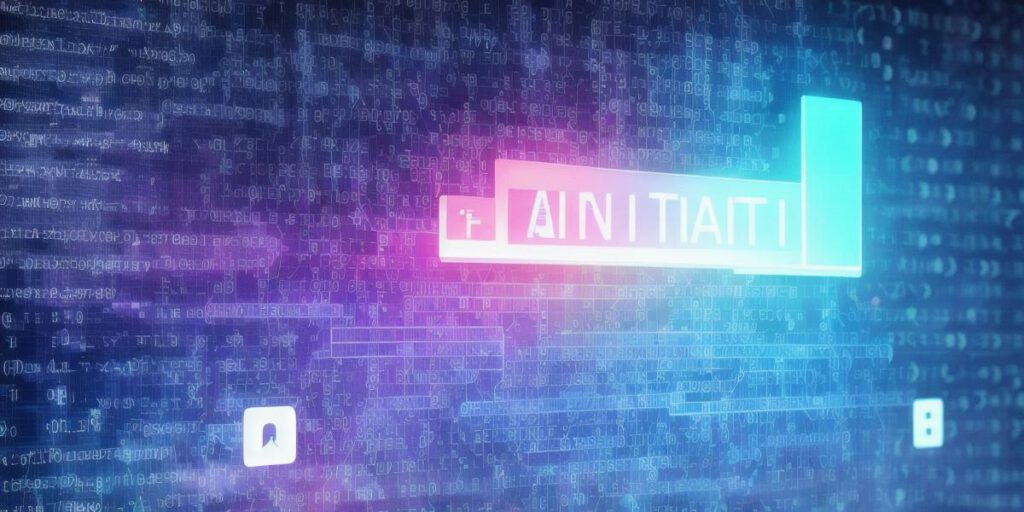Will artificial intelligence replace software engineers in the futur


As technology advances, it’s becoming increasingly difficult to predict how our lives will change in the future. One of the most debated topics in recent years has been whether AI will eventually replace software engineers. In this article, we’ll explore both sides of the argument and examine what the future might hold for this important field.
Why Software Engineers are Important
Software engineers play a crucial role in the development and maintenance of many of the technologies that we use on a daily basis. From social media platforms to e-commerce websites, software engineers are responsible for creating the code that powers these applications. They also work on improving existing software, fixing bugs, and ensuring that it runs smoothly.
AI is still a relatively new technology, and its capabilities are constantly evolving. While AI can be used to automate certain tasks, it currently lacks the ability to create complex code or troubleshoot problems that arise in software applications. As such, software engineers will continue to play an important role in the development and maintenance of digital technologies for the foreseeable future.
Why AI is a Growing Threat
Despite the importance of software engineers, there are many people who believe that AI will eventually replace them. One reason for this belief is that AI is becoming increasingly capable of performing tasks that were previously done by humans. For example, chatbots and virtual assistants like Siri and Alexa can answer questions and perform simple tasks with little to no human intervention.
Another reason why people believe that AI will replace software engineers is because of the speed at which technology is advancing. As AI continues to improve, it may be able to create code more efficiently than humans, potentially making it obsolete for certain tasks. Additionally, as AI becomes more advanced, it may be able to perform more complex tasks that were previously the domain of human programmers.
Case Studies: AI vs Software Engineers
To better understand how AI is affecting the field of software engineering, let’s take a look at some real-life examples. One example is the use of AI in healthcare. AI algorithms can analyze medical images to detect early signs of diseases like cancer, potentially saving lives and improving patient outcomes. In this case, AI is being used to augment the work of human doctors and nurses, rather than replacing them entirely.
Another example is the use of AI in the transportation industry. Self-driving cars have the potential to revolutionize the way we travel, but they still require a significant amount of programming and maintenance. While self-driving cars may eventually become more autonomous, they will still need software engineers to develop and maintain the code that powers them.
The Future of Software Engineering: AI or Human?
While it’s impossible to predict the future with certainty, one thing is clear: software engineering will continue to be an important field in the years to come. While AI may be able to automate certain tasks and perform more complex functions than humans, it still lacks the ability to think creatively and come up with innovative solutions to problems.
In the end, it’s likely that AI will augment the work of software engineers rather than replace them entirely. Software engineers will continue to play an important role in the development and maintenance of digital technologies, working alongside AI algorithms to create more efficient and effective systems.
FAQs: Common Questions About AI and Software Engineering
1. Will AI eventually replace all software engineers?
While AI has the potential to automate certain tasks, it’s unlikely that it will completely replace software engineers in the future. Software engineers will continue to play an important role in the development and maintenance of digital technologies.
2. What are some examples of how AI is already affecting software engineering?
One example is the use of AI in healthcare. AI algorithms can analyze medical images to detect early signs of diseases like cancer, potentially saving lives and improving patient outcomes. In the transportation industry, self-driving cars have the potential to revolutionize the way we travel, but they still require a significant amount of programming and maintenance.
3. What are the risks associated with relying too heavily on AI?
One risk is that AI algorithms may not be able to think creatively or come up with innovative solutions to problems. Additionally, there’s always the potential for bias in AI algorithms, which could lead to discrimination or unfair treatment of certain groups.

4. How can software engineers and AI work together to create more efficient software?
Software engineers can work alongside AI algorithms to create more efficient software by identifying tasks that can be automated and using AI to perform those tasks quickly and accurately. They can also use AI to identify patterns in data and make more informed decisions about how to design and develop software.
5. What skills will be most important for software engineers in the future?
In the future, software engineers will need to have a strong understanding of AI and machine learning, as well as experience working with complex data sets. They will also need to be skilled at designing and developing software that is both efficient and effective, as well as able to integrate with other systems and technologies. Additionally, they will need to be able to work collaboratively with other team members, including data scientists and AI experts.